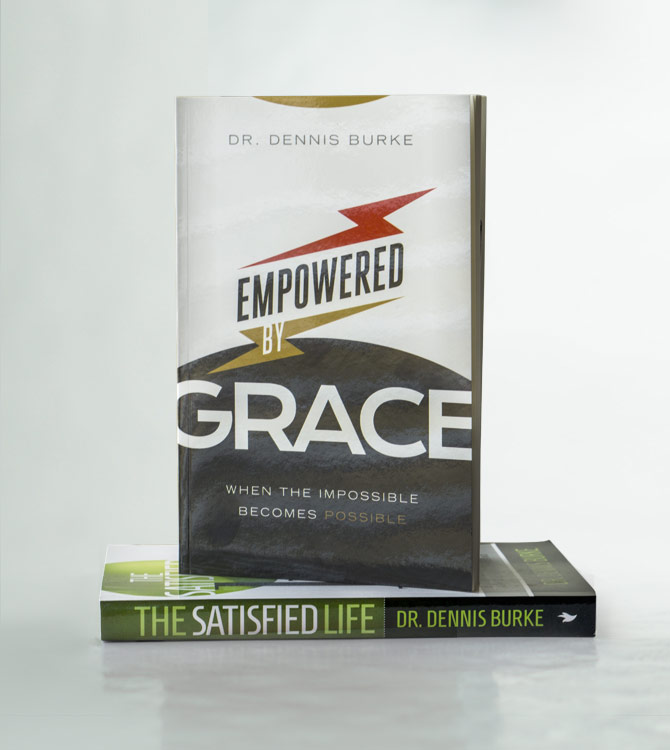One of the most dangerous conditions of the heart is offense. Offense will distract us from our God-given course. David said: “Give ear to my prayer, O God; and do not hide Yourself from my supplication. Give heed to me and answer me; I am restless in my complaint and am surely distracted, because of the voice of the enemy…” (Psalm 55:1-3 NAS).
David had become troubled and distracted by the hurt caused by his enemies. These enemies were not strangers. The wounds of a stranger don’t cause nearly as much pain as do the hurt from those dear to us. Those who troubled David were some of his closest companions.
Verses 12 and 13 say, “For it is not an enemy who reproaches me, then I could bear it; nor is it one who hates me who has exalted himself against me, then I could hide myself from him. But it is you, a man my equal, my companion and my familiar friend…” (NAS).
It was not only the rebellion of David’s son, Absalom, who hurt and betrayed him, but it was also the betrayal of his trusted counselor and friend Ahithophel. Why would David’s friend and counselor hurt and betray him? Ahithophel was Bathsheba’s uncle—the woman David defiled through adultery. When Bathsheba’s husband, Uriah wouldn’t sleep with her, David sent him to the frontline of the battlefield and had him murdered. David hoped that people would assume Uriah was responsible for Bathsheba’s pregnancy. Ahithophel never forgot what David had done to his niece and this was his chance to get even with David.
After David had been betrayed by his companion and friend, he had a decision to make. Would he allow this unbearable hurt to turn to offense? If he did, it could detour him from God’s plan for his life. Though the pain cut deeply in his heart, David would not allow offense to take root. Verse 22 tells us what he did: “Cast your burden upon the Lord and He will sustain you; He will never allow the righteous to be shaken.”
David had to cast his burden—the hurt, disappointment, and betrayal—on the Lord. He had to release it or it would destroy him. Offense and hurt come with a purpose—to detour us from God’s plan for our lives.
When persecution and hurt come, we cannot become offended. We must recognize offense for what it is: a distraction designed to kill, steal, and destroy our future. Mark 4:17 warns us:
“And they have no real root in themselves, and so they endure for a little while; then when trouble or persecution arises on account of the Word, they immediately are offended (become displeased, indignant, resentful) and they stumble and fall away” (AMPC).
I call those who “have no root in themselves” shallow. These people only look at the immediate situation instead of looking at the big picture. Looking at the big picture will enable us to endure immediate discomfort or disappointment. Jesus said it was the joy set before Him that enabled Him to endure the cross (see Hebrews 12:2).
When pain and affliction come, we must realize something bigger than the hurt is at risk—our destinies! Resist offense.



